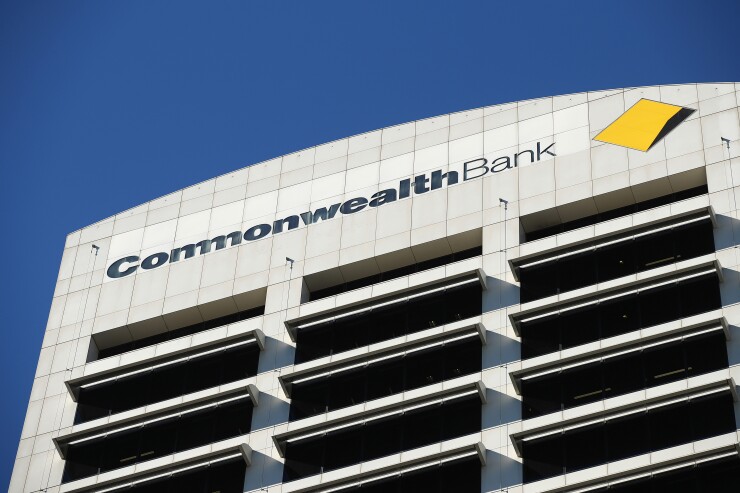
The increasing speed of payment processing and the growth of
The two institutions are connecting products they developed separately to validate bank-account details for international payments. The team up is part of CBA's attempt to extend its payments technology to other banks and
Like most banks,
"One of the most important things that consumers do is move money. We want to make sure the user doesn't have a bad day," said Ethan Teas, executive general manager of payments at CBA.
"Failed and fraudulent payments are an increasing threat to financial institutions, corporations and customers globally," said Umar Farooq, co-head of global payments sales and CEO of Onyx, in an email from
CBA's program, NameCheck, uses AI and algorithms to search account details for first-time payments, then matches those details against available payments data to look for possible scams or problematic typos. If there is a mismatch, the user is prompted to take additional steps to ensure the payee is the intended recipient. CBA is looking to pilot the sharing of limited payee account data through CBA's NameCheck technology on the Liink network.
The Australian bank CBA introduced NameCheck in 2023, and the bank claims the product has saved about $300 million within the first year in either fraudulent transactions or payments with inaccurate information.
"It's about how you can get smarter about the context around the payment," Teas said.
For any transaction, but particularly for cross-border instant payments, verifying the account information will become increasingly critical, according to Gareth Lodge, an analyst at Celent.
"[The CBA/
The use of AI in NameCheck builds on other AI projects at CBA that accumulate payments data and use machine learning to provide more detailed information about financial transactions. The bank's goal is to not only mitigate fraud risk, but also use AI to improve user experience and transaction-processing speed and accuracy.
For example, CBA is using improved language modeling to spot language that is potentially tied to
"We're using AI in a number of areas, mostly to identify payments that can move safely," Teas said. "The use of abusive language in payments is a big problem and gen AI can hopefully help the banking market uplift controls to fight that problem."
"Confirmation of Payee, or CoP" has become a necessary tool against scams, especially targeting real-time payments, according to Cleber Martins, head of payments intelligence and risk solutions at ACI Worldwide.
A scam or other type of fraud, like scammy QR codes, can lead the victim to send money to an unintended destination, according to Martins.
"For example: You believe you are sending money to a friend, but the instructions lead to another friend's account. You don't know, unless there is a step prior to your confirmation, that inquires, 'Are you trying to send money to friend No. 2?', giving you the opportunity to confirm or stop," Martins said.
The services that






